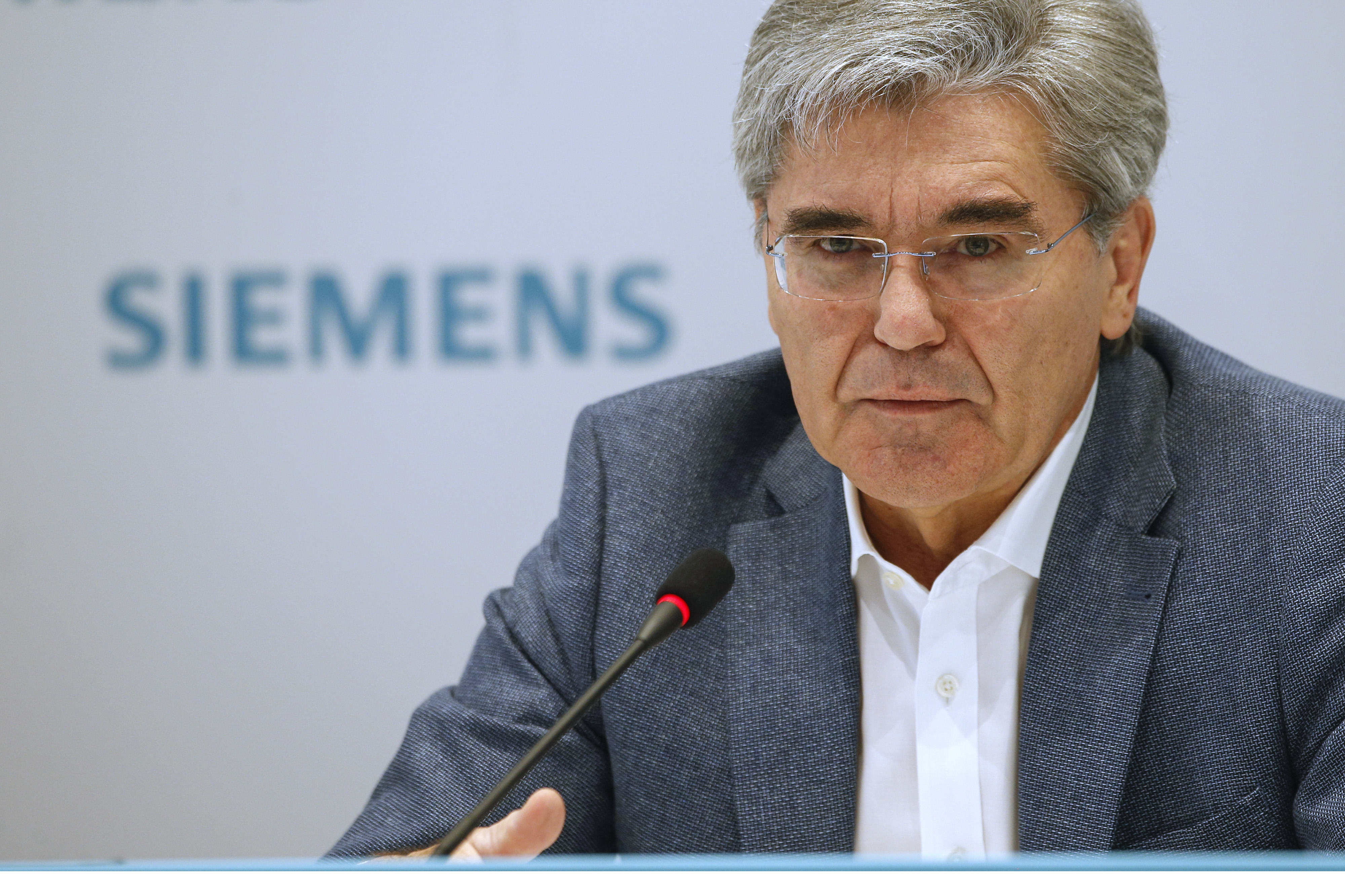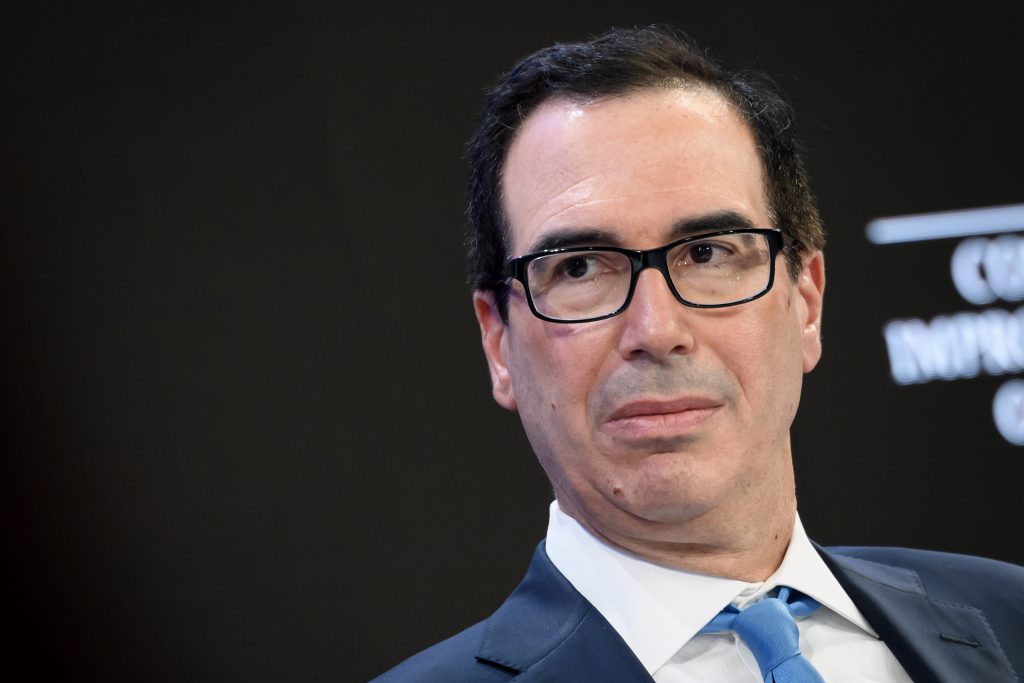
Joe Kaeser, chief executive officer of Siemens AG, speaks during a second-quarter earnings news conference at the company’s headquarters in Munich, Germany, on Wednesday, May 8, 2019.
Michaela Handrek-Rehle | Bloomberg | Getty Images
President Donald Trump would support Siemens‘ role in reconstruction projects in countries like Iraq and Syria, the German conglomerate’s CEO told CNBC on Thursday.
Although headquartered in Munich, Siemens employs around 60,000 workers in the U.S., with a further 100,000 employed indirectly, and is a net exporter. Its stateside operation is its largest worldwide, CEO Joe Kaeser highlighted.
But as trade tensions ratchet up between the U.S. and Europe, Kaeser revealed that he had met with Trump and senior administration officials this week to seek to clarify his position, and does not expect to be caught in the crossfire.
“I said ‘look, we have good American workers working for us in the U.S., if we go to Iraq, if we go to Syria, if we help rebuild that country, then I want to be treated as a U.S. company going out and helping those people to get back in line’,” Kaeser told CNBC’s Geoff Cutmore and Steve Sedgwick at the World Economic Forum in Davos, Switzerland.
“He said ‘well that is a fair point — if you create jobs, you’re part of us’. It didn’t look like that in Iraq, as you know was a bit bumpy, but there was good commitment, and that is comfortable,” Kaeser added.
Trump met with European Commission President Ursula von der Leyen in Davos on Tuesday, and reiterated threats to levy substantial tariffs on European automobiles and other imports unless the European Union was willing to push forward with a new trade agreement.
In its November earnings report, Siemens struck a cautious tone for 2020, warning of an expected weakening in the global economy and projecting a slowdown for its short-cycle automotive and machinery products.
However, fears over global trade have since abated slightly following the signing of a so-called “phase one” trade deal between the U.S. and China earlier this month.
Kaeser said that stymied investment from the capital goods industry during times of geopolitical volatility boiled down to trust, with companies reluctant to invest in building factories or setting up overseas until the dust settles. However, he praised the U.S. administration for its decisiveness.
“When I talk about uncertainty, it is more about the diversity of opinions as to what is going to happen. If the U.S. government says ‘this is what we are going to do,’ you may not like it, but you have the sort of certainty of where we are going,” Kaeser said.
“I have to say the U.S. government has been very decisive about what their plans are, so you can decide whether you are part of it or not.”

